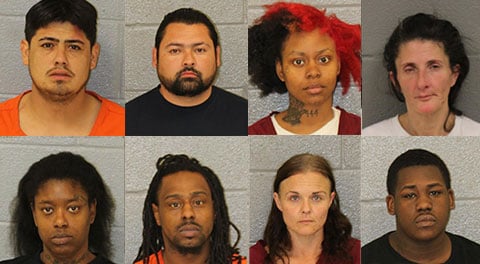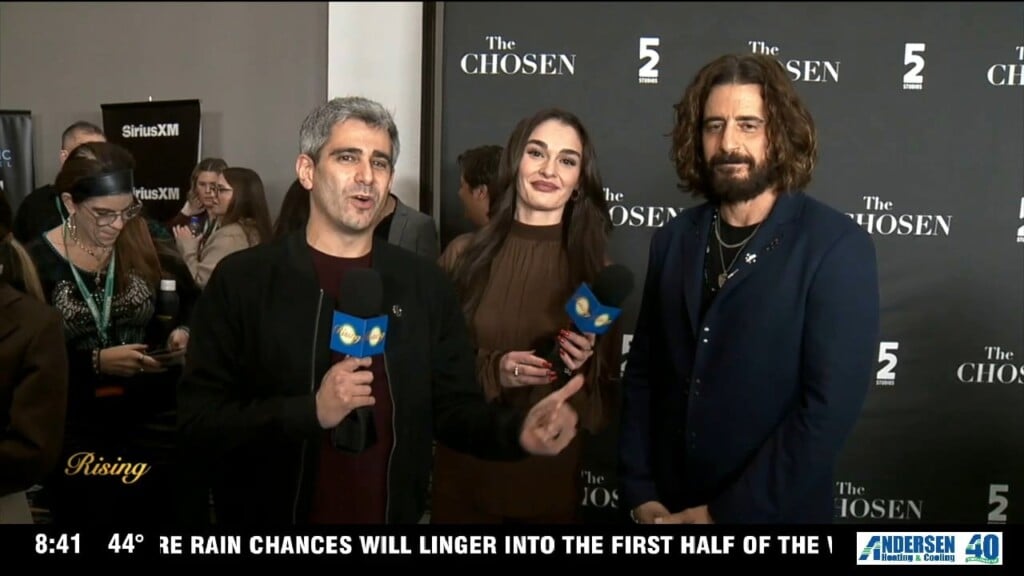WASHINGTON (AP) — The U.S. has approved the world’s only twice-a-year shot to prevent HIV, maker Gilead Sciences announced Wednesday. It’s the first step in an anticipated global rollout that could protect millions – although it’s unclear how many in the U.S. and abroad will get access to the powerful new option.
While a vaccine to prevent HIV still is needed, some experts say the shot — a drug called lenacapvir — could be the next best thing. It nearly eliminated new infections in two groundbreaking studies of people at high risk, better than daily preventive pills they can forget to take.
“This really has the possibility of ending HIV transmission,” said Greg Millett, public policy director at amfAR, The Foundation for AIDS Research.
Condoms help guard against HIV infection if used properly but what’s called PrEP — regularly using preventive medicines such as the daily pills or a different shot given every two months — is increasingly important. Lenacapavir’s six-month protection makes it the longest-lasting type, an option that could attract people wary of more frequent doctor visits or stigma from daily pills.
But upheaval in U.S. healthcare — including cuts to public health agencies and Medicaid — and slashing of American foreign aid to fight HIV are clouding the prospects.
Millett said “gaping holes in the system” in the U.S. and globally “are going to make it difficult for us to make sure we not only get lenacapavir into people’s bodies but make sure they come back” even as little as twice a year.
Gilead’s drug already is sold to treat HIV under the brand name Sunlenca. The prevention dose will be sold under a different name, Yeztugo. It’s given as two injections under the skin of the abdomen, leaving a small “depot” of medication to slowly absorb into the body.
Gilead didn’t immediately announce its price. The drug only prevents HIV transmission – it doesn’t block other sexually transmitted diseases.
Global efforts at ending the HIV pandemic by 2030 have stalled. There still are more than 30,000 new infections in the U.S. each year and about 1.3 million worldwide.
Only about 400,000 Americans already use some form of PrEP, a fraction of those estimated to benefit. A recent study found states with high use of PrEP saw a decrease in HIV infections, while rates continued rising elsewhere.
About half of new infections are in women, who often need protection they can use without a partner’s knowledge or consent. One rigorous study in South Africa and Uganda compared more than 5,300 sexually active young women and teen girls given twice-yearly lenacapavir or the daily pills. There were no HIV infections in those receiving the shot while about 2% in the comparison group caught HIV from infected sex partners.
A second study found the twice-yearly shot nearly as effective in gay men and gender-nonconforming people in the U.S. and in several other countries hard-hit by HIV.
Ian Haddock of Houston had tried PrEP off and on since 2015 but he jumped at the chance to participate in the lenacapavir study and continues with the twice-yearly shots as part of the research follow-up.
“Now I forget that I’m on PrEP because I don’t have to carry around a pill bottle,” said Haddock, who leads the Normal Anomaly Initiative, a nonprofit serving Black LGBTQ+ communities.
“Men, women, gay, straight – it really just kinds of expands the opportunity for prevention,” he added. Just remembering a clinic visit every six months “is a powerful tool versus constantly having to talk about, like, condoms, constantly making sure you’re taking your pill every day.”
“Everyone in every country who’s at risk of HIV needs access to PrEP,” added Dr. Gordon Crofoot of Houston, who helped lead the study in men. “We need to get easier access to PrEP that’s highly effective like this is.”




